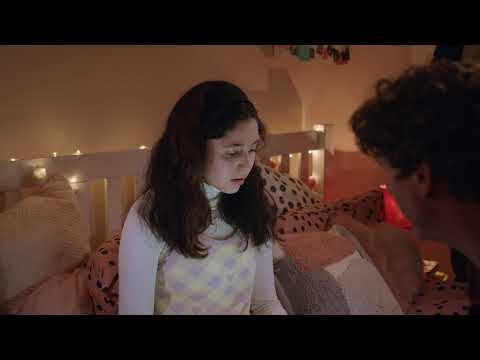Open doors into the bedrooms of kids
Why pastors, parents, teachers and counselors should be concerned about online predators
Here we go again.
Faithful Rational Sheep readers will, it’s safe to say, have noticed the many times I have mentioned a small, but powerful, book that I read in the early 1980s while doing graduate work in mass communications at the University of Illinois in Urbana-Champaign.
That book was “The Plug-In Drug/Television, Children, and the Family” by Marie Winn, a New York City journalist and Jewish social critic. One of the big ideas in that book — which has been revised and updated several times — is that way too many parents allow screens to raise their children because they were afraid to do that challenging work themselves.
That was the cable-television age. The omnipresent screens culture that surrounds families today, especially addictive social-media platforms and online video games, makes 1980s life look cozy and safe.
In an earlier Rational Sheep post (“An early Utah signal in our fierce social-media debates”) I noted:
The key, for me, was that Winn didn’t focus on the content of television. Instead, in this book and others, she probed the social role that this technology was playing in millions of homes. …
Her thesis, and I paraphrase: Parents were hooked on television’s role as a free babysitter that appeared to make their lives easier. As a result, they were often allowing their children to be raised by fictional characters that, if the real people showed up at the front door, the parents would have called the police.
With cable television, parents were dealing — for the most part — with fictional characters who were delivering messages from offscreen screenwriters and directors.
But the messages were real. Winn wanted parents to grasp that televisions were more than benign objects sitting inside their homes — they were open doors to the outside world.
In today’s digital-screens culture, the vast majority of teens, and even pre-teens, are carrying open doors to the World Wide Web in their pockets, purses and backpacks.
That’s a lot of doors.
This leads me to a post at The Analog Family by Katherine Johnson Martinko, the author of the 2023 book “Childhood Unplugged: Practical Advice to Get Kids Off Screens and Find Balance.” In my humble opinion, the headline on this sobering Martinko essay — “How Many Strangers Are in Your Teen's Bedroom? I'm so sick of feeble solutions” — is directly connected to Winn’s warnings nearly a half century ago.
This is a must read. To cut to the chase, fictional characters continue to pass through the mass-media doors into the lives of children.
But they are not alone. Fictional screen characters are outnumbered, these days, by real people who serve as social-media “influencers” on behalf of various activities, products, causes and beliefs. For many young people, these influencers become trusted mentors and sort-of friends. In reality, legions of these “real people” are not who they appear to be, since they are hiding behind fake identities.
Thus, Martinko notes that open doorways into digital culture give “other people access to your child. In a perfect world, those people would all be friends or well-meaning acquaintances, but often they are not. Many are predatory strangers, with an unhealthy interest in your child, who is now unprotected and wide open for approach.”
Keep reading with a 7-day free trial
Subscribe to Terry Mattingly -- Rational Sheep to keep reading this post and get 7 days of free access to the full post archives.




